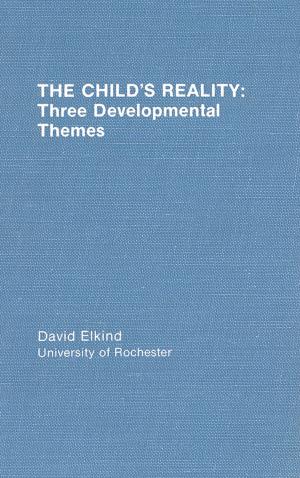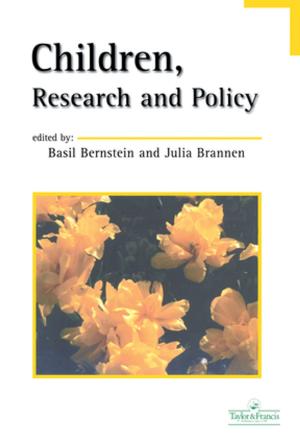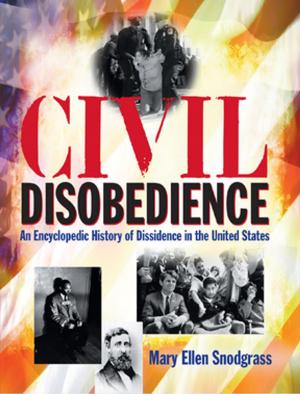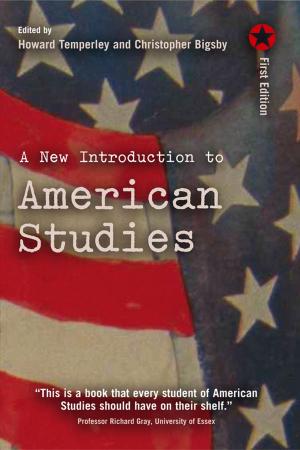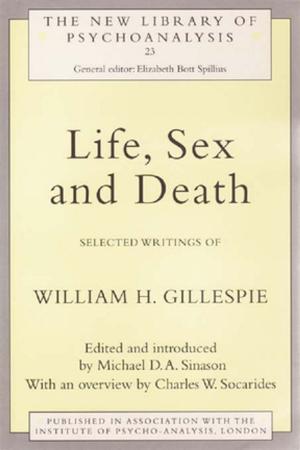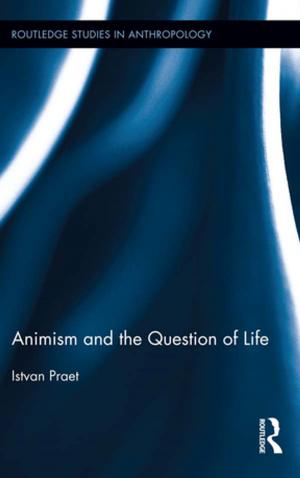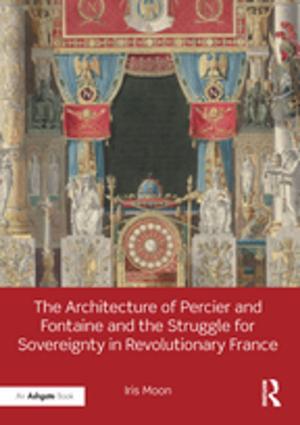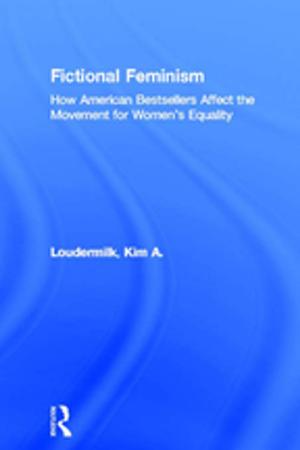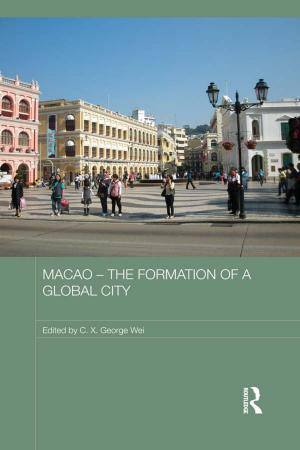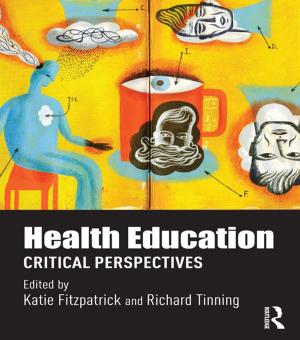The Concept 'Horse' Paradox and Wittgensteinian Conceptual Investigations
A Prolegomenon to Philosophical Investigations
Nonfiction, Religion & Spirituality, Philosophy| Author: | Kelly Dean Jolley | ISBN: | 9781317037569 |
| Publisher: | Taylor and Francis | Publication: | March 23, 2016 |
| Imprint: | Routledge | Language: | English |
| Author: | Kelly Dean Jolley |
| ISBN: | 9781317037569 |
| Publisher: | Taylor and Francis |
| Publication: | March 23, 2016 |
| Imprint: | Routledge |
| Language: | English |
In The Foundations of Arithmetic, Gottlob Frege contended that the difference between concepts and objects was absolute. He meant that no object could be a concept and no concept an object. Benno Kerry disagreed; he contended that a concept could be an object, and that therefore the difference between concepts and objects was only relative. In this book, Jolley aims to understand the debate between Frege and Kerry. But Jolley's purpose is not so much to champion either side; rather, it is to utilize an understanding of the debate to shed light on the work of Ludwig Wittgenstein-and vice versa. Jolley not only sifts through the debate between Frege and Kerry, but also through subsequent versions of the debate in J. J. Valberg and Wilfred Sellars. Jolley's goal is to show that the central notion of Philosophical Investigations, that of a 'conceptual investigation', is a legacy of the Frege/Kerry debate and also a contribution to it. Jolley concludes that the difference between concepts and objects is as absolute in its way in Philosophical Investigations as it was in The Foundations of Arithmetic and that recognizing the absoluteness of the difference in Philosophical Investigations provides a beginning for a 'resolute' reading of Wittgenstein's book.
In The Foundations of Arithmetic, Gottlob Frege contended that the difference between concepts and objects was absolute. He meant that no object could be a concept and no concept an object. Benno Kerry disagreed; he contended that a concept could be an object, and that therefore the difference between concepts and objects was only relative. In this book, Jolley aims to understand the debate between Frege and Kerry. But Jolley's purpose is not so much to champion either side; rather, it is to utilize an understanding of the debate to shed light on the work of Ludwig Wittgenstein-and vice versa. Jolley not only sifts through the debate between Frege and Kerry, but also through subsequent versions of the debate in J. J. Valberg and Wilfred Sellars. Jolley's goal is to show that the central notion of Philosophical Investigations, that of a 'conceptual investigation', is a legacy of the Frege/Kerry debate and also a contribution to it. Jolley concludes that the difference between concepts and objects is as absolute in its way in Philosophical Investigations as it was in The Foundations of Arithmetic and that recognizing the absoluteness of the difference in Philosophical Investigations provides a beginning for a 'resolute' reading of Wittgenstein's book.

